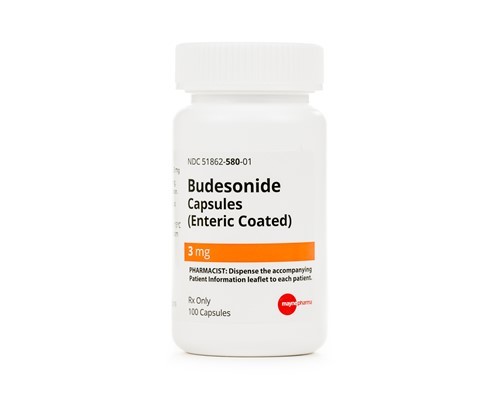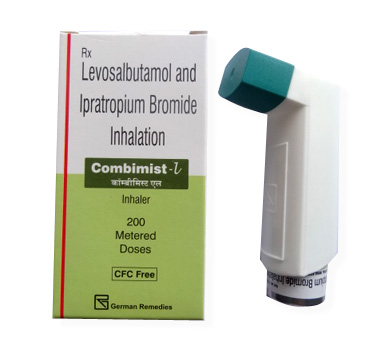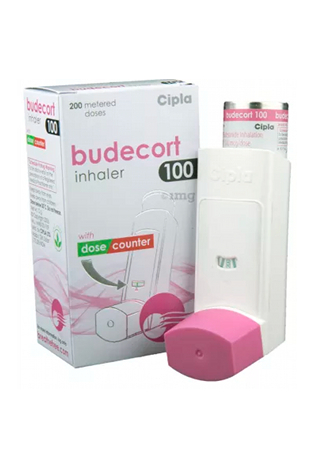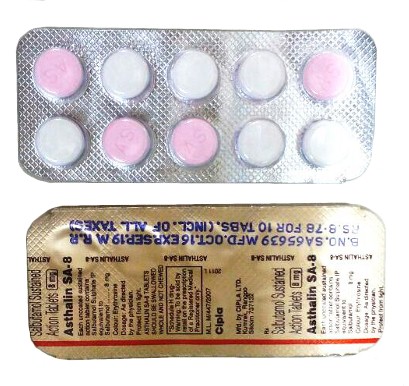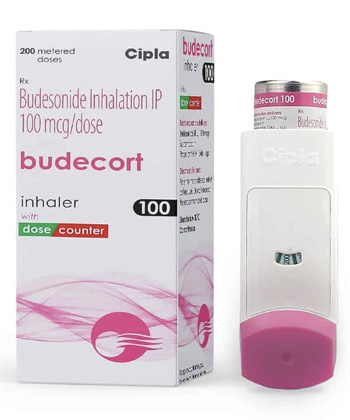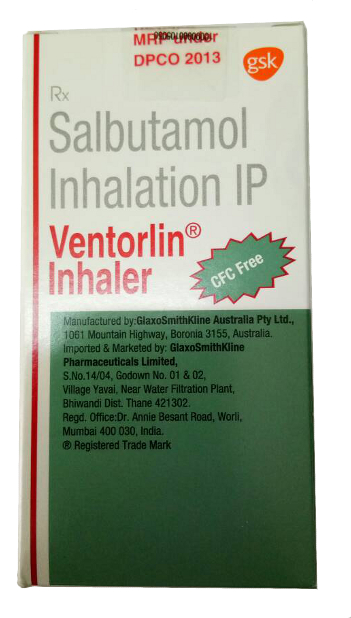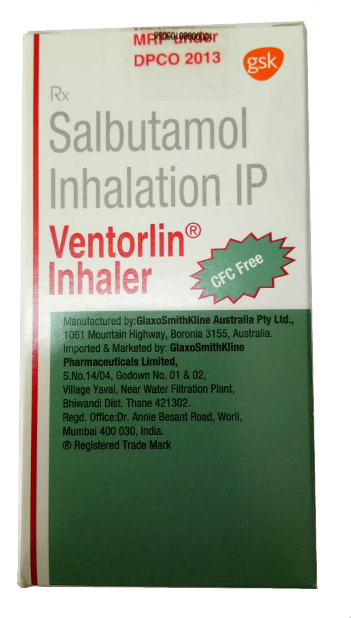Basic Budesonide Caps Information
This corticosteroid medication targets intestinal inflammation while minimizing systemic effects:
| Attribute |
Details |
| INN |
Budesonide |
| UK Brand Names |
Entocort®, Cortiment® |
| ATC Code |
A07EA06 |
| Form/Dosage |
Delayed-release 3mg capsules |
| Manufacturers |
Tillotts Pharma, Dr. Falk Pharma EU |
| Licensing Status |
MHRA Approved |
| Classification |
Prescription Only Medicine (POM) |
How Budesonide Works In Your Body
Targeted Intestinal Action
Budesonide capsules work locally where they're needed most - in your digestive tract. The delayed-release coating dissolves at specific pH levels found in the lower small intestine and colon. This direct delivery means inflammation can be treated at the source.
Reduced Systemic Exposure
What makes budesonide unique among corticosteroids is its high first-pass metabolism. Approximately 85-90% of any absorbed medication gets broken down by CYP3A4 enzymes during its first journey through the liver. This metabolic process keeps circulating levels low, causing fewer whole-body side effects compared to traditional steroids.
Anti-inflammatory Mechanism
At inflammation sites, budesonide binds to glucocorticoid receptors inside immune cells. This complex interaction suppresses multiple inflammatory pathways - reducing production of cytokines, inhibiting white blood cell migration, and decreasing swelling in intestinal tissues. It essentially calms an overactive immune response locally without significantly affecting other body systems.
Approved And Off-Label Uses For Budesonide
Budesonide has distinct regulatory approvals and accepted clinical uses throughout the UK healthcare system:
| Condition |
Evidence Level |
Patient Considerations |
| Crohn's disease (ileocolitis) |
EMA approved for mild-moderate cases |
First-line therapy for active flare-ups |
| Microscopic colitis |
Off-label with strong evidence base |
Recommended treatment in NICE guidance |
| Autoimmune hepatitis |
Off-label rescue therapy |
Used when conventional steroids aren't suitable |
| Eosinophilic oesophagitis |
Emerging off-label use |
Swallowed topical formulation approach |
Special populations require careful management:
Pregnancy: Category C medication - use only if benefits outweigh risks
Elderly: More sensitive to side effects - lower doses often used
Children: Approved for ages 8+ - growth monitoring essential
The NHS provides updated prescribing recommendations for these conditions requiring specialist gastroenterology input.
Standard Dosage Protocols For Budesonide
Treatment regimens are tailored to specific conditions and individual factors:
| Purpose |
Dosage Pattern |
Duration |
| Acute flare management |
9mg once daily |
Maximum 8 weeks |
| Maintenance therapy |
3-6mg once daily |
Short-term (2-4 months) |
| Tapering phase |
Gradual reduction (3mg weekly decreases) |
Individualized based on response |
Critical usage rules patients should follow:
- Take capsules whole each morning - never crush or split contents
- If a dose is missed: Take it as soon as remembered unless close to next dose
- Liver impairment requires 25-50% dosage reduction in severe cases
- Store below 25°C protected from moisture - keep in original packaging
Never stop treatment abruptly - under medical supervision follow a tapering schedule to prevent adrenal complications.
Budesonide Capsules: Contraindications & Precautions
Certain health conditions make budesonide capsules unsuitable. Absolute contraindications include active systemic fungal infections and hypersensitivity to budesonide. Patients with untreated tuberculosis or intestinal perforation risks shouldn't take this medication.
Key Precautions to Consider
Special caution is needed for those with hepatic impairment, as reduced liver function affects drug clearance. Diabetics require frequent glucose monitoring since budesonide may elevate blood sugar. Glaucoma patients need intraocular pressure checks due to potential fluid build-up.
Interaction Warnings
Strong CYP3A4 inhibitors like ketoconazole significantly increase budesonide concentration - avoid combined use. Grapefruit products inhibit the same enzyme pathway, so patients should avoid consuming them. Immunisation with live vaccines is contraindicated during treatment due to adrenal suppression risks.
Budesonide Capsules: Safety Profile & Side Effects
Understanding the safety profile helps manage expectations. Around 15-20% users experience common reactions like headaches or nausea. Less frequent effects include insomnia, mood changes and the distinctive "moon face" appearance from fluid retention.
| Frequency |
Side Effects |
Risk Level |
| Common |
Nausea, indigestion, headache |
Low |
| Less common |
Insomnia, anxiety, acne |
Moderate |
| Rare but serious |
Cataracts, osteoporosis, adrenal suppression |
High |
Long-term use beyond six months elevates osteoporosis and cataract risks. The MHRA Yellow Card scheme enables reporting of adverse effects - crucial for monitoring UK safety data.
Budesonide Capsules: Patient Usage Insights
Real-world experiences provide valuable perspectives. Crohn's & Colitis UK forum members frequently note symptom improvement within two weeks. One user shared: "The abdominal cramps lessened noticeably after 10 days, letting me return to work." However, adherence challenges exist.
Overcoming Treatment Hurdles
Capsule size causes difficulties for some - swallowing techniques like the "pop-bottle method" help. Cost concerns surface for private prescriptions, though NHS coverage generally applies. Managing side effects includes practical strategies:
- Taking capsules with food to minimise nausea
- Monitoring bone density with DEXA scans during extended use
- Immediately reporting vision changes to ophthalmologists
Budesonide Capsules: Comparison to Alternatives
Treatment decisions often involve weighing options. Mesalazine remains first-line for mild ulcerative colitis but may be ineffective for small bowel Crohn's. Methylprednisolone offers stronger systemic effect but carries higher adrenal suppression risks.
| Medication |
NHS Cost (monthly) |
Key Side Effects |
Typical UK Use Case |
| Budesonide |
£15-40 |
Oral thrush, anxiety |
Ileal Crohn's, mild UC |
| Methylprednisolone |
£5-20 |
Weight gain, diabetes risk |
Acute flares |
| Infliximab (biologic) |
£800-1200 |
Infection risks |
Refractory cases |
UK GPs often prefer budesonide for targeted ileal release. Biologics like infliximab provide options for treatment-resistant cases despite substantially higher costs under NHS prescription systems.
UK Market Access Insights
Budesonide capsules (3mg) are accessible in the UK through both prescription and over-the-counter routes. Prices typically range from £45 to £80 for packs of 100 capsules, with generic versions available at 40% lower costs since their market entry in 2021. Major pharmacy chains stock these medications:
- Boots: Usually available at larger stores with next-day special order options
- LloydsPharmacy: Dispenses immediately at NHS-approved branches
- Independent pharmacies: May require 24-hour ordering via distributor networks
Packaging comes in two primary formats: sealed aluminium blister packs (most common) or light-resistant gas-flushed bottles for sensitive formulations. Price variations occur across regions with London pharmacies charging £12-£18 more than northern England outlets for identical brands.
Current Research Highlights
Recent clinical trials focus on expanding budesonide's applications. The COLT-CROHN 2024 study by Queen Mary University demonstrated 78% remission rates in microscopic colitis patients using delayed-release capsules. With the primary patent expiry occurring Q2 2023, 11 UK generic manufacturers have entered the market—slashing NHS expenditure by £23 million annually.
Key research developments include:
Foam formulations (phase III trials at Edinburgh Royal Infirmary) for distal colitis cases, showing 40% faster symptom relief than standard capsules.
Topical gel variants targeting Crohn's perianal fistulas complete safety testing late 2024, while combination inhaler-capsule protocols for asthma--gastrointestinal comorbidity management advance to human trials mid-2025. Long-term safety data collection continues in nationwide PHARMO registry until 2028.
FAQ Section
Can I drink alcohol while using budesonide?
Avoid alcohol due to potential gastrointestinal irritation even within NHS safe limits. Alcohol may counteract the medication's anti-inflammatory effects.
Is driving permitted after taking budesonide capsules?
Driving is typically safe as drowsiness is uncommon. However avoid operating machinery if experiencing dizziness.
What pregnancy precautions should be taken?
Risk assessment by a GP is essential. Only use during pregnancy if benefits clearly outweigh potential fetal risks.
How long until I see improvement?
Symptom relief typically begins within 2 weeks with maximum benefits by week 8 in most active IBD cases.
Do capsules interact with common painkillers?
No significant issues with paracetamol while NSAIDs like ibuprofen may increase ulceration risk.
Will probiotics interfere with absorption?
Take probiotics 2 hours apart from budesonide doses for optimal effectiveness of both products.
Guidelines for Proper Use
Take capsules at consistent times daily: ideally mornings with or without food according to prescribing instructions. Follow these critical steps:
- Swallow whole without crushing or chewing to preserve targeted ileocolic release
- Set phone reminders if missing doses - never double subsequent doses
- Monthly NHS prescription synchronisation prevents treatment gaps
Store capsules in original packaging below 25°C away from humidity and light. Position containers out of children's reach using cupboard safety locks. Highlighted safety precautions include corticosteroid treatment card updates and osteoporosis screening coordination for long-term regimens exceeding three months.
Immediately notify pharmacists regarding swallowing difficulties - alternative liquid formulations may be compounded.
